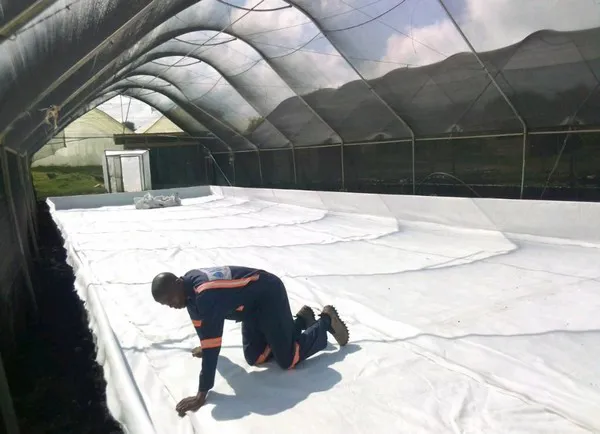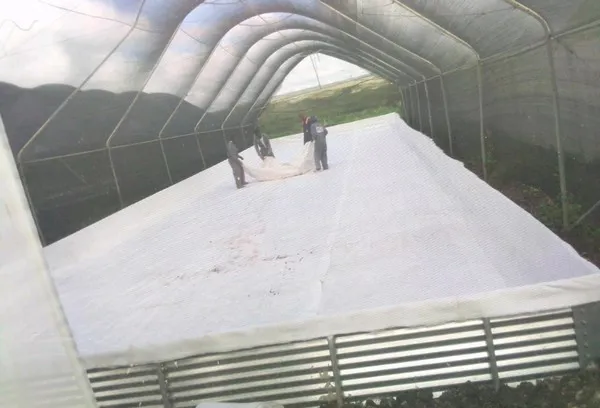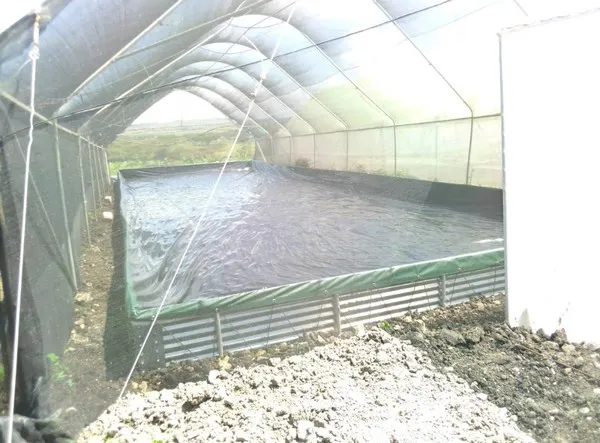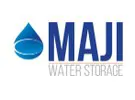Although water storage facilities are usually circular in shape, Maji Kenya recently built a water storage facility that was quite different in shape. For this Kenyan lettuce grower, they were instructed to design and construct an 8 by 21 water storage facility that had to be rectangular, not round. “It was a new challenge for us, not knowing what the client had in mind for its use. Eventually, it turned out that he wanted to start hydroponic growing. So we designed the system bearing that in mind,” Sahil Patel, Director of the company explains.
Maji is a partner of the Dutch company Genap, which builds storage silos. They focus on water storage, producing water storage and water treatment systems for the East African market.

“The use of water in Kenya is limited and reserved, especially in this area, as water is scarce. However, it has great benefits for our clients. Using our system, the client doubled his yield, as land can be used more effectively. He is now able to grow 64 lettuces per 4 sqm., which is twice as much as it used to be,” says Sahil.
As Kajiado county is known for its heat and drought, the company installed shade nettings to protect the crops. “This enables our client to harvest every other week, despite the drought,” Sahil explains.

Pilot project
The steel frame and liner for this hydroponic lettuce facility were produced in the facility in Nairobi. From there, it was transported and installed on the location in Kajiado county. “We first did a pilot project of 8 by 22 m, a 176 m2 underwater lagoon. Right now, we are building an additional 880m2 storage,” Sahil adds.
Maji designed and constructed the entire water lagoon system using Dutch technologies. “There were some initial struggles on ground level, as the ground was sloped and the soil consisted of black cotton, which is quite heavy to work on. Other than that, the project went smoothly.”

For more information:
Maji Water Storage
www.majiwaterstorage.com
